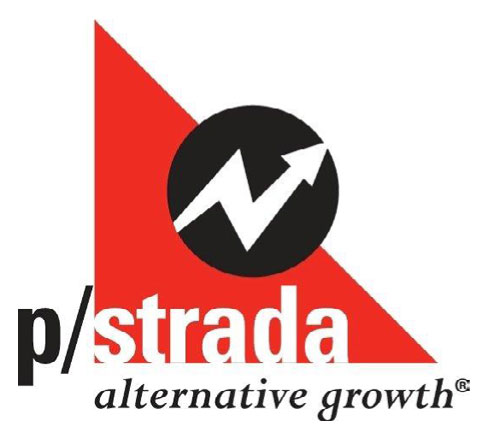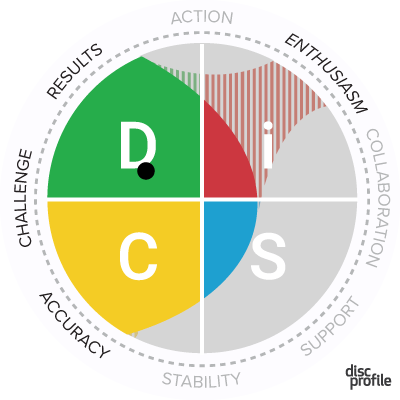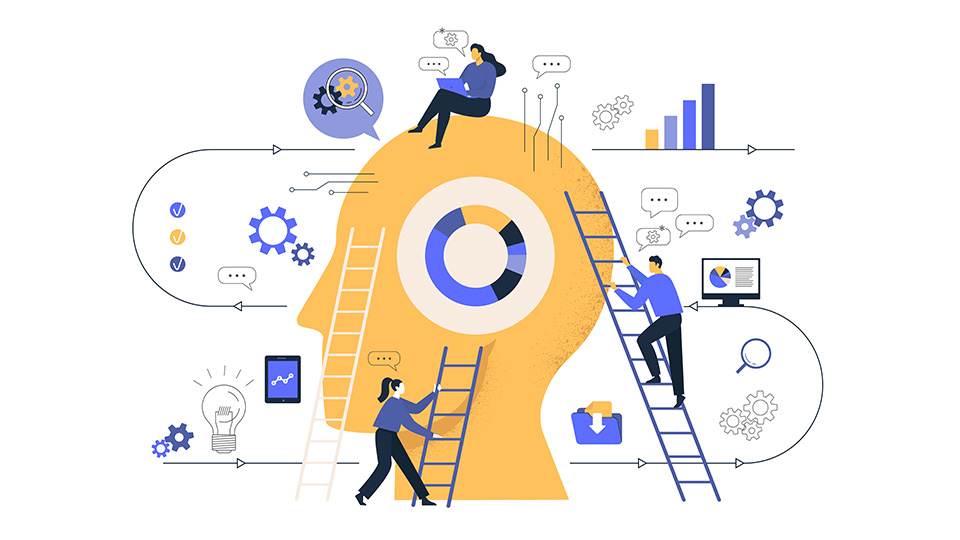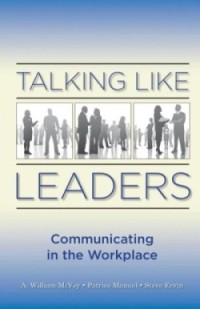Unlock Your Potential with Neuroscience
How Brain Science and the Five Sciences of Self Can Drive Personal and Professional Growth
Understanding oneself is essential for personal development and effective collaboration, and recent advances in brain science show how these insights can be enhanced through structured frameworks like the “Five Sciences of Self.” The Five Sciences of Self leverage neuroscience-backed tools to build self-awareness and optimize potential. These five sciences—DISC behavior, motivators, emotional intelligence, competencies, and the Hartman Value Profile—offer a comprehensive view of human behavior and decision-making.
DISC Behavioral Insights
Understand your communication style and improve interactions.
Motivators Analysis
Identify core drivers to enhance team dynamics and personal fulfillment.

The Journey to Self-Awareness
Explore the Five Sciences
Enhancing Growth Through Self-Understanding
Emotional Intelligence Development
Build resilience and improve social skills for better relationships.
Competency Mapping
Identify and develop essential skills for success and adaptability.
1. DISC: Mapping Behavioral Styles
The DISC model assesses individual behaviors, categorizing people based on how they interact with others. This model is beneficial in identifying communication styles and predicting how people respond in different situations. Research demonstrates that DISC assessments, when coupled with brain-imaging technology, can even reveal unconscious biases or communication preferences, helping individuals improve relationships by understanding these tendencies.
2. Motivators: Understanding Core Drivers
Brain imaging has shown that motivational responses correlate with different neural pathways, as the brain’s reward systems activate when engaging in activities aligned with personal values. For leaders, understanding these motivators can be powerful for improving team dynamics, as it helps them assign roles and responsibilities that align with each team member’s intrinsic drivers.

Emotional Intelligence: A Path to Resilience
3. Emotional Intelligence: Building Resilience
Emotional intelligence (EI) has been linked to enhanced resilience, empathy, and social skills, all of which are important for navigating stress and maintaining relationships. Brain science studies show that high EI correlates with improved regulation in the prefrontal cortex, the part of the brain responsible for managing complex cognitive behaviors. TTI’s approach to assessing EI provides insight into one’s strengths and areas for growth, and practicing emotional intelligence skills can lead to stronger connections and higher workplace satisfaction.
4. Competencies: Identifying Skill Sets
This science focuses on competencies—specific skills essential for workplace success, such as leadership, communication, and adaptability. By leveraging brain-imaging insights, researchers have shown how the brain reorganizes and reinforces itself as new skills are learned. TTI’s assessments help individuals understand their competencies and identify areas where targeted development could be most beneficial. By mapping these skills to neural plasticity, or the brain’s ability to adapt, individuals can pursue tailored training that resonates with how they naturally learn and grow.

The Hartman Value Profile: A Guide to Decision-Making
5. The Hartman Value Profile: Navigating Decision-Making
The Hartman Value Profile (HVP) assesses one’s ability to make ethical and effective decisions. Research in neuro-ethics highlights that the brain engages different regions when making moral versus practical decisions, often blending emotion and logic. HVP taps into this by measuring both ethical clarity and practical judgment, guiding users to better understand their decision-making processes. This tool can improve self-reflection, helping individuals align their choices with both personal and professional values.

Unlock Your Potential with Our Tools
Discover the transformative power of our scientifically-backed tools and frameworks designed to foster personal and professional growth. Whether you’re looking to enhance your competencies or navigate complex decision-making processes, our resources provide the insights you need to succeed. Explore our offerings today and take the first step towards a more fulfilling and successful career journey.




